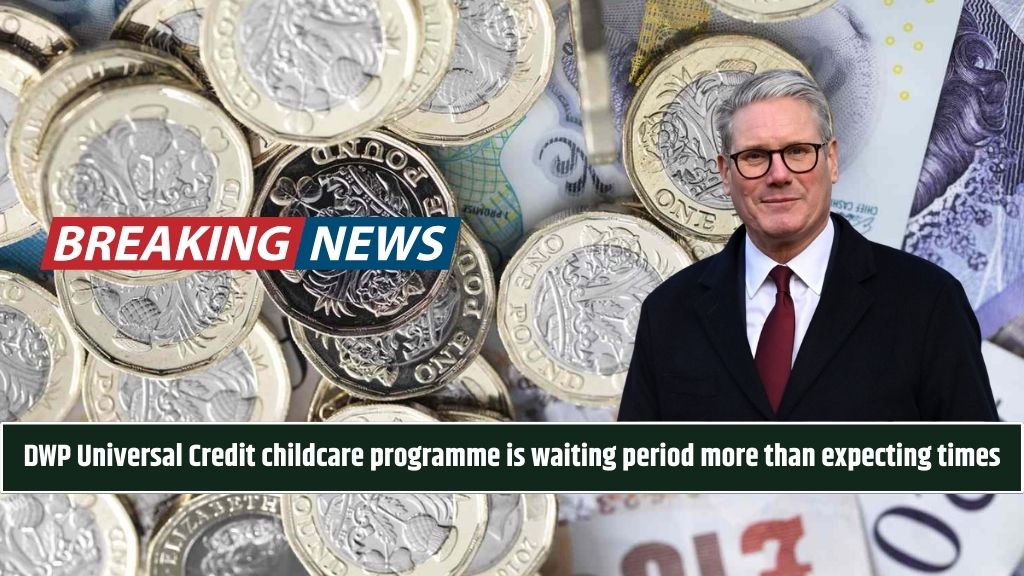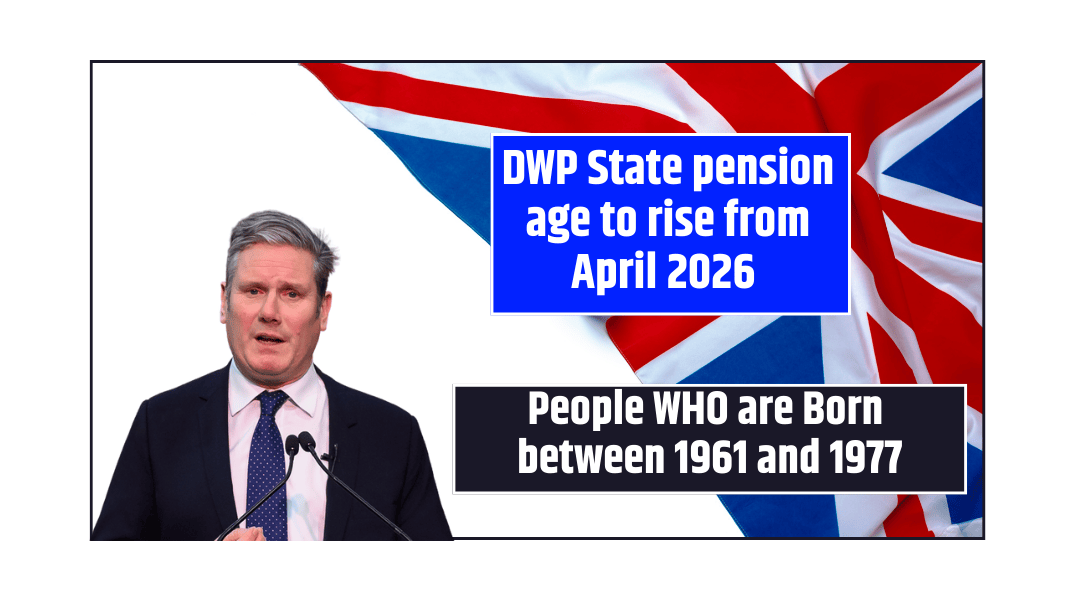A new study by the Institute for Policy Research (IPR) has found that the government’s Universal Credit childcare scheme is making many parents financially worse off. Although the scheme covers up to 85% of childcare costs, its reimbursement system forces parents to pay upfront and wait for refunds, creating financial strain. The research highlights key issues, such as delayed payments, fluctuating reimbursements, and insufficient childcare options, making it difficult for low-income families to balance work and childcare responsibilities.
How the Universal Credit Childcare Scheme Works
The Universal Credit childcare scheme allows parents to claim back a portion of their childcare expenses. Families can receive up to:
- £1,014.63 per month for one child
- £1,739.37 per month for two or more children
This benefit is available for children under 16 and is reimbursed through an online system. However, parents must pay childcare costs upfront and reclaim them later, often leading to financial difficulties.
Delays in Reimbursement Affect Family Budgets
A major issue highlighted in the report is the long waiting period for reimbursement. Parents often have to wait weeks or even months before receiving their childcare cost refunds. This delay makes it challenging for families to manage their budgets, especially when their monthly earnings fluctuate.
Additionally, because the reimbursement is means-tested, the amount parents receive can change each month, making financial planning unpredictable. Many parents struggle to afford childcare payments upfront, leaving them in a cycle of financial stress.
Pressure to Work More Hours Creates Additional Challenges
The report also found that many parents are under pressure from the Department for Work and Pensions (DWP) to increase their working hours. While this policy is aimed at helping parents earn more, it can disrupt carefully arranged childcare schedules.
Many parents rely on limited after-school programs and holiday clubs, which often charge additional fees. If they increase their work hours, they may struggle to find suitable childcare options, making the situation even more difficult.
The High Cost of Shift Work for Parents
For parents working shift-based jobs, the challenges are even greater. If their work shifts overlap with both morning and afternoon childcare sessions, they may end up paying for more hours of childcare than they actually use.
One parent interviewed in the study shared that she had to pay for a full six-week term of after-school care but could only claim reimbursement for childcare used within each Universal Credit assessment period. This left her waiting two months before getting any money back for the last two weeks of payment, adding to her financial burden.
Calls for Reform: What Needs to Change?
The report urges the government to reform the Universal Credit childcare system to better support working parents. Key recommendations include:
- Increase reimbursement to 100% – Ensuring parents do not have to pay large upfront costs.
- Provide direct payments to childcare providers – Eliminating delays and uncertainty for parents.
- Expand free childcare support – Including more after-school and holiday programs.
- Allow funding for clubs outside Ofsted registration – Such as sports or drama clubs, to provide more affordable and flexible options for working parents.
According to Dr. Rita Griffiths, a Research Fellow at the IPR, current childcare policies are forcing families to choose between work and care. She emphasized that reforms are crucial to prevent parents from being financially trapped by high childcare costs and bureaucratic delays.
Government Response
A government spokesperson responded to the report, stating:
“Good childcare is vital to both children and hardworking parents, and we will continue to ensure families get the support they need. Parents receiving Universal Credit can already have up to 85% of their childcare costs reimbursed each month, and we urge anyone who needs help to speak to their work coach.”
While the government highlights the existing 85% reimbursement policy, many experts argue that this is not enough, as parents still struggle with high upfront costs and delayed reimbursements.
The current Universal Credit childcare scheme is leaving many parents struggling financially due to delayed refunds, inconsistent reimbursement amounts, and lack of affordable childcare options. The report calls for urgent reforms, including direct funding to childcare providers and full reimbursement for working parents. Without these changes, many families will continue to face difficult choices between work and childcare.
The government’s response acknowledges the importance of childcare but does not yet address the core issues raised in the report. A more efficient and accessible childcare support system could help working families achieve financial stability while ensuring children receive quality early education.
| Visit for More News and Updates | WSOA NEWS |
FAQ’s
What is the Universal Credit childcare scheme?
The Universal Credit childcare scheme allows low-income parents to claim back up to 85% of their childcare costs after paying upfront.
What are the main issues with the scheme?
The scheme has long reimbursement delays, fluctuating refunds based on income, and high upfront costs, making it difficult for parents to manage expenses.
How much can parents claim for childcare costs?
Parents can claim up to £1,014.63 per month for one child or £1,739.37 per month for two or more children.
What reforms are experts suggesting?
Experts suggest 100% reimbursement, direct payments to providers, and expanded support for after-school and holiday childcare programs.
How has the government responded to these concerns?
The government states it supports parents through the current 85% reimbursement system and urges families to seek help from work coaches.














